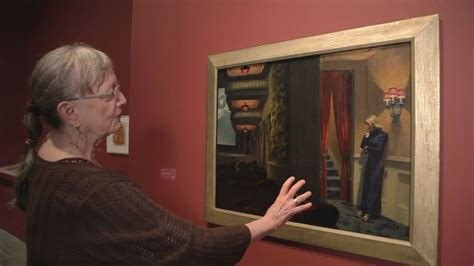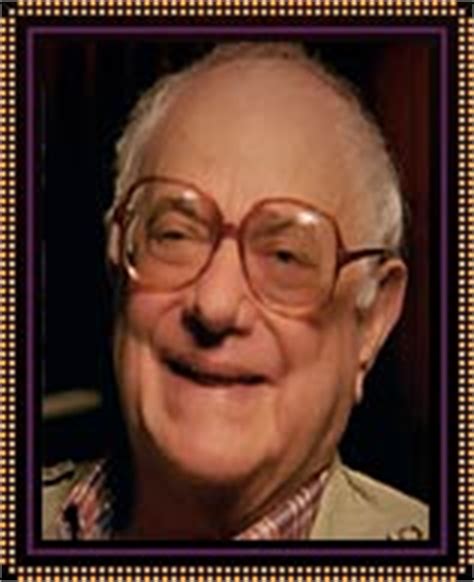A Quote by Timothy West
The classical writers... playwrights, Jacobean, Elizabethan playwrights, all showed areas of all classes and how they live and painted them pretty authentically.
Related Quotes
About four years ago I made a list, for my own amusement, of the playwrights, the contemporary playwrights, by whom critics said I'd been influenced. I listed twenty-five. It included five playwrights whose work I didn't know, so I read these five playwrights and indeed now I suppose I can say I have been influenced by them. The problem is that the people who write these articles find the inevitable similarities of people writing in the same generation, in the same century, and on the same planet, and they put them together in a group.
Belonging to the Dramatists Guild Council where, with my fellow dramatists, I can directly affect (and protect) the professional lives of all American Playwrights has always made me feel that I am returning as much to the theatre as I withdraw. Because only playwrights can ensure the well-being of playwrights. No one else will do it for us.
I think more than anything, you should do what you love. If you love classical playwrights, seek out companies or places that are doing that. If you love modern playwrights, try to find groups who are writing new plays or working on new plays. If you love television, watch as much theater and film as you can.
In the thirties a whole school of criticism bogged down intellectually in those agitprop, social-realistic days. A play had to be progressive. A number of plays by playwrights who were thought very highly of then - they were very bad playwrights - were highly praised because their themes were intellectually and politically proper. This intellectual morass is very dangerous, it seems to me. A form of censorship.
The revival of Hebrew, as a spoken language, is a fascinating story, which I'm afraid I cannot squeeze into a few sentences. But, let me give you a clue. Think about Elizabethan English, where the entire English language behaved pretty much like molten lava, like a volcano in mid-eruption. Modern Hebrew has some things in common with Elizabethan English. It is being reshaped and it's expanding very rapidly in various directions. This is not to say that every one of us Israeli writers is a William Shakespeare, but there is a certain similarity to Elizabethan English.


































